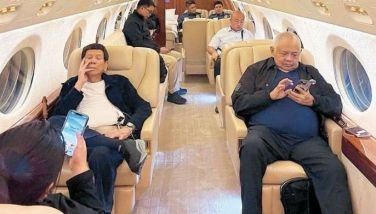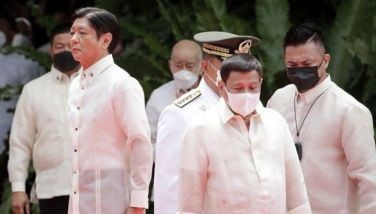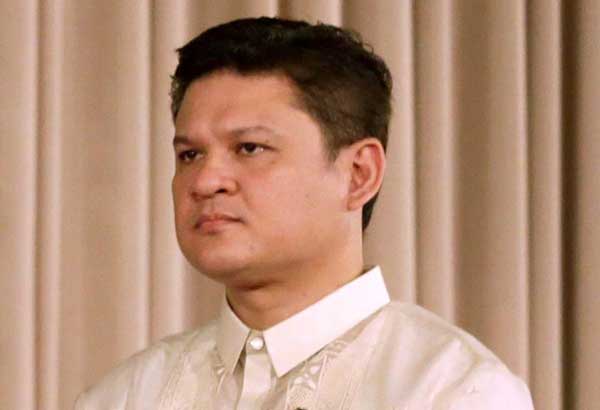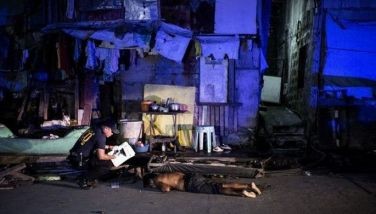Palace: We didn't question Supreme Court power of judicial review
MANILA, Philippines - Malacañang clarified yesterday that it had never questioned the Supreme Court’s power of judicial review but only the prudence of its decision to stop President Aquino’s dismissal of the previous administration’s midnight appointees.
“We did not question the power of the Supreme Court (SC) to review executive orders, what we questioned was the prudence of that decision. And we wanted the public to be made aware what the possible implications are,” Communications Secretary Ricky Carandang said.
Carandang made the clarification in response to Chief Justice Renato Corona’s declaration of the SC’s constitutional duty to review presidential edicts.
Corona issued the statement after Mr. Aquino voiced his displeasure over the SC’s issuance of a status quo ante on the dismissal of Bai Omera Dianalan-Lucman as secretary of the National Commission on Muslim Filipinos.
“That recent action of the SC tests the limits of its constitutional authority, and this latest order could precipitate a clash with another separate, co-equal branch of government,” the President said.
“I call upon the SC to exercise judicial prudence at a time when the Filipino people deserve confidence-building measures from all our institutions rather than actions that might diminish this confidence,” he said.
Carandang pointed out that the executive department was not being hostile to a co-equal branch of government, but was merely pointing out the repercussions of its decisions.
In Cauayan, Isabela, where he visited the victims of typhoon “Juan,” Mr. Aquino reiterated his position on the issue, insisting that he holds the same view until now.
“I think I have made my position very clear and how I view the recent decision, specifically the status quo ante orders for both the impeachment against Ombudsman Merceditas Gutierrez as well as our Executive Order 2,” he told Palace reporters.
“I will just reiterate that what I said a few days ago is precisely the position I hold today,” he said.
Corona earlier said that in making the controversial decisions, he and his colleagues were not asserting “moral and constitutional ascendancy.”
“The power of judicial review is not an exercise of dominance or interference in the exclusive affairs of another department,” he said.
“It is, in fact, the means established by the Constitution itself to preserve the peace and stability of our political system so that the possibility of a constitutional crisis or a clash of powers may precisely be avoided,” he added.
Advice for Truth Commission
Sen. Edgardo Angara, meanwhile, advised members of the Truth Commission to wait for the SC to rule on the legality of its mandate before starting work.
“We can suggest to them that they should not be too enthusiastic in doing their job because the fundamental question of legality or constitutionality is pending and I think the cause of justice will not be unduly impaired if they waited for the SC to decide,” Angara said. “From what I know about the pace of judicial decisions, the longer it takes, the more intense the debate internally is, the harder it is for them to resolve it,” Angara said.
Angara said he believes there is no need for a Truth Commission, and that the Office of the Ombudsman can do the task of investigating anomalies under the Arroyo administration.
“All the people are victims. The Filipino people were victimized, but who are they? That’s why there isn’t so much outrage in graft and corruption,” Angara said. – With Marvin Sy
- Latest
- Trending




























